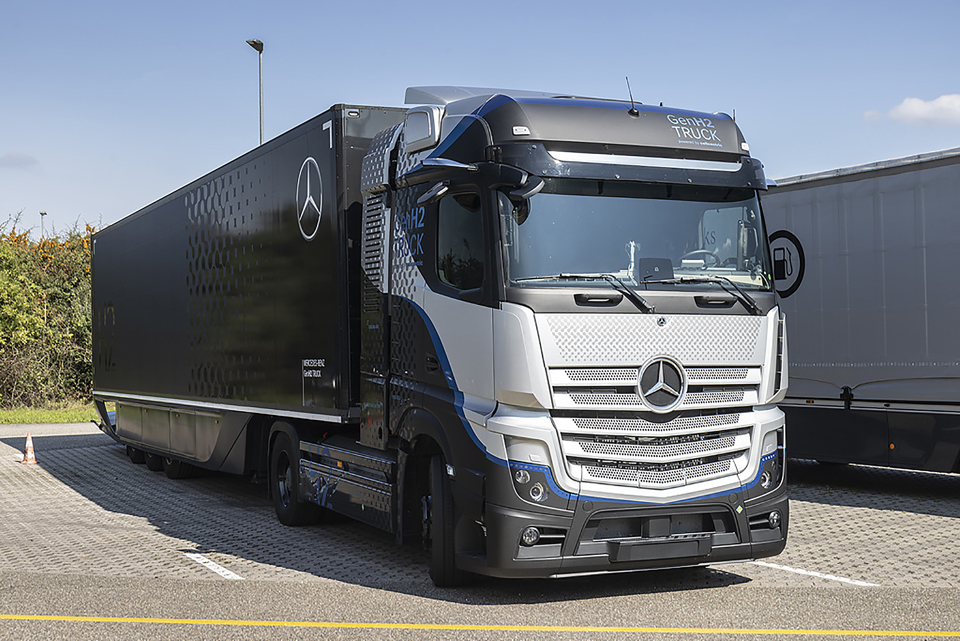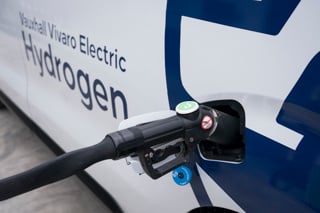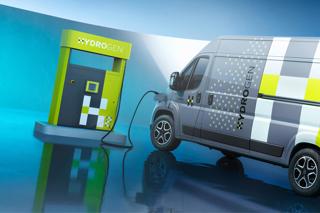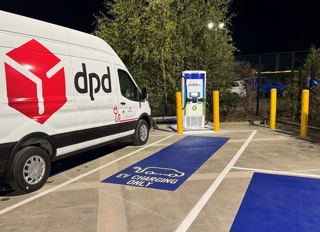The H2Accelerate collaboration, which includes the likes of BP, Iveco, Mercedes and Volvo, is calling for greater Government support to enable the commercialisation of the hydrogen truck sector.
In the latest of a series of whitepapers, it examines the existing UK policy framework for zero-emission trucks and proposes policy changes that would enable the roll-out of a large-scale hydrogen trucking sector.
The group says that the recent publication of the UK Zero-Emission Road Freight Demonstrator (ZERFD) shows that the UK government is willing to support the early-stage deployment of zero emissions trucks.
However, it argues that longer-term support will be needed to provide vehicle manufacturers with the certainty to invest in right-hand drive vehicles and fuel suppliers with the confidence to develop a nation-wide network of hydrogen refuelling stations.
Oliver Bishop, global head of hydrogen mobility at BP, said: “At BP, we are excited by the opportunity to invest in zero-emissions refuelling for heavy-duty vehicles in the UK.
“We are exploring opportunities to kick-start a UK hydrogen mobility offer to our truck customers.
“However, to make further investments that will enable the large-scale deployment of heavy-duty hydrogen vehicles across the UK, we need sustained supporting policies from the UK Government.”
The paper outlines a series of policy recommendations which H2Accelerate members believe will foster confidence in the UK’s commitment to hydrogen trucking, and enable the ambitious targets to ban all non-zero-emission heavy duty vehicles by 2040.
Key recommendations include setting out a minimum level of alternative refuelling network coverage, with large-scale hydrogen refuelling stations located every 200km on major networks by 2030, and a more comprehensive network required by 2035, comprising 250 refuelling stations with a total capacity of 500 tonnes of hydrogen per day.
It also wants to strengthen and broaden the scope of the plug-in truck grant to allow all available zero-emission HGVs to be assessed and cover 80% of the difference in cost between diesel and hydrogen fuelled trucks for the first 1,000 trucks.
Furthermore, it is calling for exemptions for zero-emission trucks from levies, tolls, and taxes while the sector scales up.

Hannah Bryson-Jones, spokesperson for the H2Accelerate collaboration, said: “The UK Government has the opportunity to unlock large-scale investment in long haul zero emissions freight.
“Ambitious targets have been set regarding the complete ban on diesel trucks, but these can only be achieved if the sector is supported in scale-up starting today.
“Aligned and progressively larger deployments of low carbon hydrogen production, refuelling, and trucks, will secure a smooth transition to zero emission heavy-duty vehicles.”
In the UK, the latest figures from the Society of Motor Manufacturers and Traders (SMMT) show that zero-emission trucks represented 0.8% of the market in Q3 – the largest quarterly share of 2023, compared with 0.3% and 0.4% in Q1 and Q2 respectively.
























martinwinlow - 13/12/2023 19:00
Sorry, but anyone with an ounce of engineering savvy (or just someone wth some intelligence and 20 minutes on-line) knows that H2 is a dead duck as far as road transport is concerned (and pretty much any other form of transport, FTM). It was bad enough before the advent of electric trucks (and, for clarity I mean 'battery electric trucks', here - tho Lord knows why we have to make it clear these days as, you know, a *real* EV doesn't have any sort of exhaust pipe ... as any 6 year old will tell you!) but so many attempts have been made to make H2 work for road vehicles and every single one has failed and now the real e-truck has arrived to bang the final nail into the 'H2-economy' coffin. Even the much vaunted idea of pumping H2 into the (natural) gas main has ended. Oh... you didn't know? Well, hardly a surprise given that there has been nothing about it in the mass media. And why would there be? With all that hullabaloo made by the government (not to mention vast amounts of tax-payers money wasted) you would *expect* it all to be quietly swept under the carpet. So, *please* get real and give up on this monumentally silly idea!